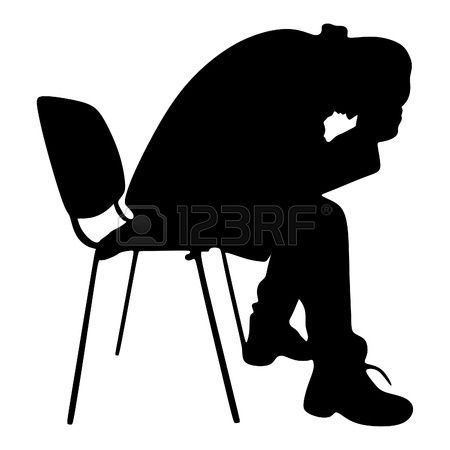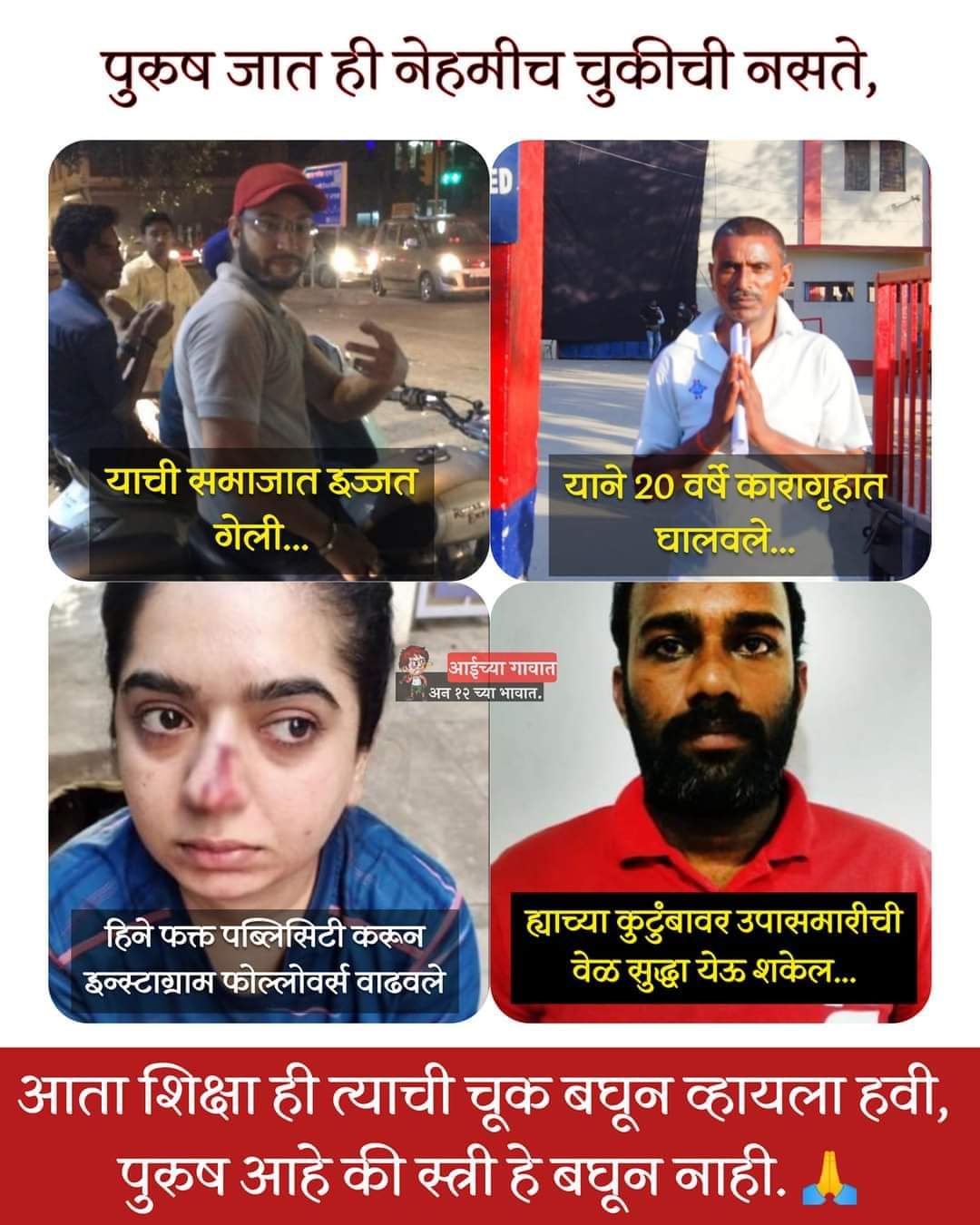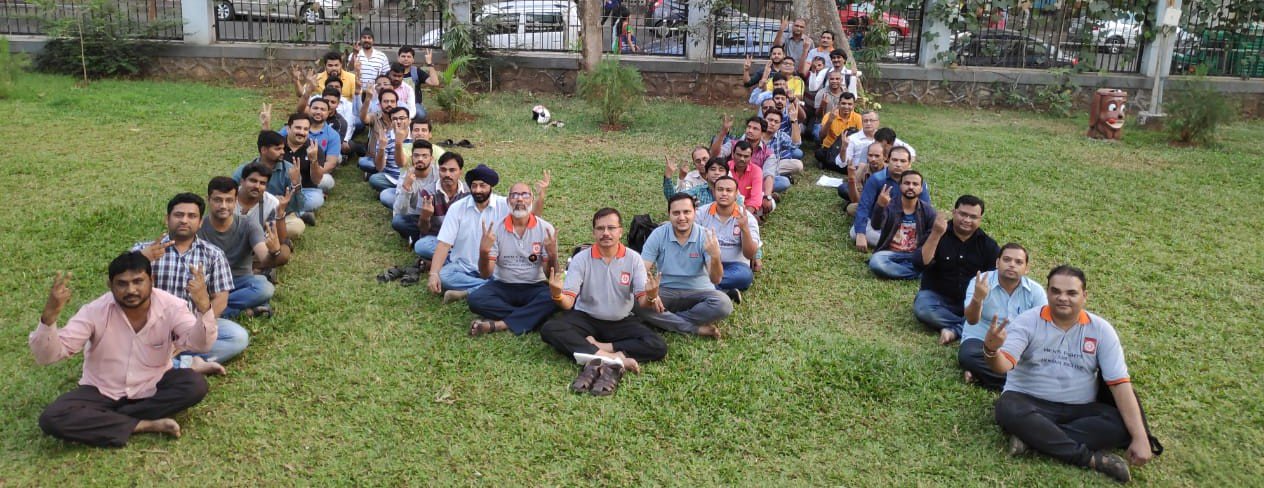Saving Men from Suicide
Have you ever lost someone to suicide? Do you know anyone who died of suicide?

Writing about suicide has never been easy for me. Because there is so much that I want to say, so much that I wish we understood, so much I know still needs to be done…
It is a death we think, feel, and talk of differently. It is a death we don’t know how to mourn. It is a death we don’t know how to give condolence for. It is a death we don’t know how not to judge and to blame – especially if the person who died is a man.
As a woman, I see the privileges a man has and as a woman I see the burdens a man bears. As a psychiatrist I see how men suffer with mental health issues and disorders and as a psychiatrist I see how men struggle with self-care.
Why do we need to talk about suicide prevention in men especially?
Because we see fewer men access help for suicidality as the myths and attitude towards mental health issues and mental health disorders are mired in social constructs and gender roles.
Cultural expectations about masculine identity and behavior can contribute to increase in risk of suicide by amplifying other factors, hesitation to ask for help, and reducing effectiveness of interventions. A man is someone who is “independent and capable”, “doesn’t have or must conceal emotions – especially those implying vulnerability”, “is nothing if he cannot provide for his family”.
Men are reluctant to approach mental health services as they tend to believe that therapy and treatment are ineffective. It takes men longer to get diagnosed with psychiatric disorders like depression and the actual and perceived shame related to having a “weakness” and taking treatment all lead to higher chances for suicide.
Other risk factors like sustained alcohol and drug abuse play a huge role in suicidality (suicidal thoughts and attempts). Immediate effects of intoxication impacts critical thinking and impulsivity; a large number of suicides occur under the influence of alcohol.
External circumstances like financial challenges, employment or legal problems, relationship difficulties are commonly associated with suicides in men and are less likely to be preceded with past attempts or suicidal ideations. Men with experiences of trauma (physical, emotional, sexual), discrimination, exclusion are other vulnerable group.
Suicide doesn’t have a single cause
How do we help men from suicide and suicidality? Equality
Spend the same time, efforts, and concern on mental health as on other physical health.
Teach all our children, youth, and adults how to manage emotions; attitudes and words like “don’t cry like a girl”, “man up” are damaging to all genders.
Don’t discriminate based on any parameters.
How to help yourself
- Healthy lifestyle for better mental health – Adequate sleep, nutrition, exercise, meditation, and work life balance
- Improving coping skills – emotional regulation
- Mental health literacy – Knowledge and beliefs about mental health and disorders which aid their recognition, management or prevention
- Seeking professional health – psychiatrists, psychologists, counselors, family physicians, social workers
How to help others
- Identifying people at risk – if you notice change in patterns of behavior, mood, sleep, weight, functioning
- Reaching out to people in crisis – ask how you can help, let them know you care, don’t force them to talk, listen
- Lending support where you can – show up,
- Urging them to take professional health – help them find the right health and social service and make an appointment, offer to go with them
How can institutes help
- School and college mental health – teaching life skills and self-care
- Work place mental health – creating a supportive environment for productivity and health
- Suicide helplines – manned by trained professionals
- Rehabilitation – functionality in all spheres of life
How can the government help
- National and state suicide prevention plans
What not to say to someone struggling with suicidality
- It’s not so bad, others have it much worse
- Stop thinking like this, snap out of it
- Stop feeling sorry for yourself
- All you need is to get drunk/ high
- Don’t you care how this will pain your family
- You’ll go to hell…
With more than 800,000 suicides every year, with a death by suicide every 40 seconds, suicide is a major public health problem which impacts the person, the family, and the community and has long lasting social effects. India has seen a steady increase in deaths due to suicide over the last two decades, from 25.3% of global suicide deaths in 1990 to 36.6% in 2016. Effective and comprehensive strategies of suicide prevention must have both components – community and clinical.
Suicide Prevention is everyone’s business, let’s get to work!

Dr Syeda Ruksheda,
The author is a Mumbai based Psychiatrist & Psychotherapist and can be reached on


